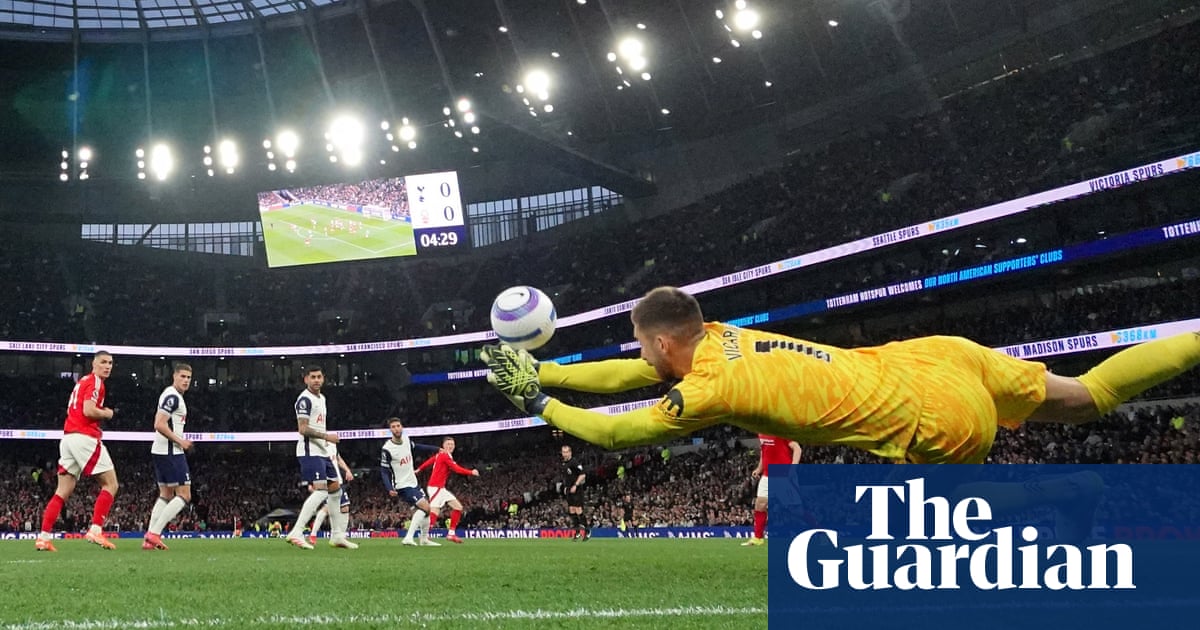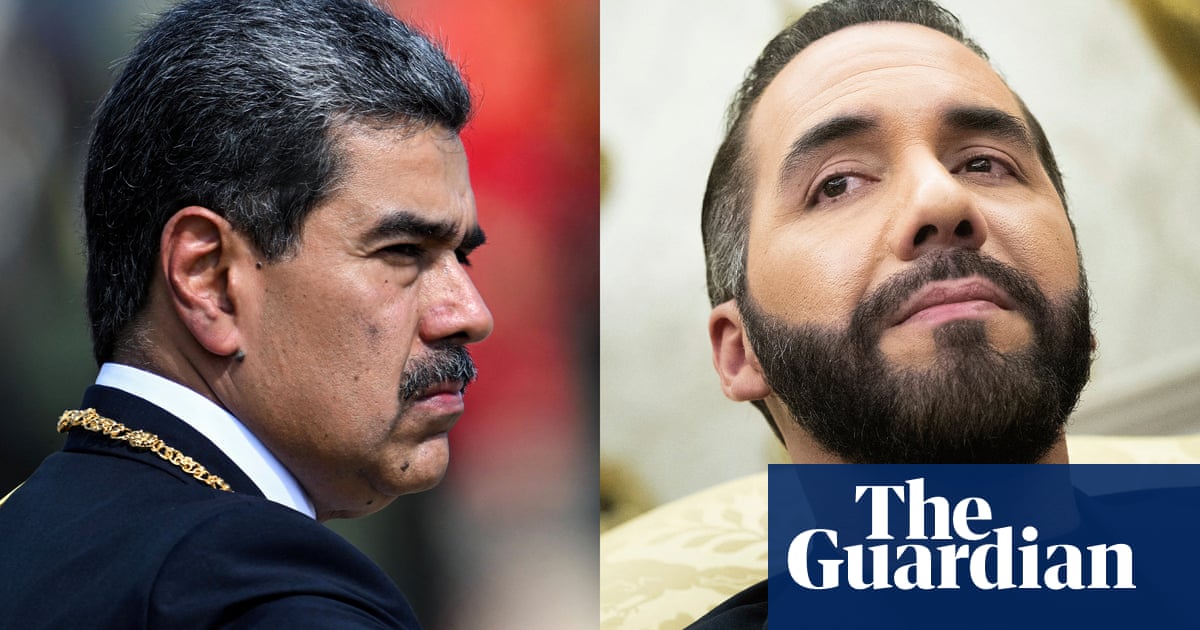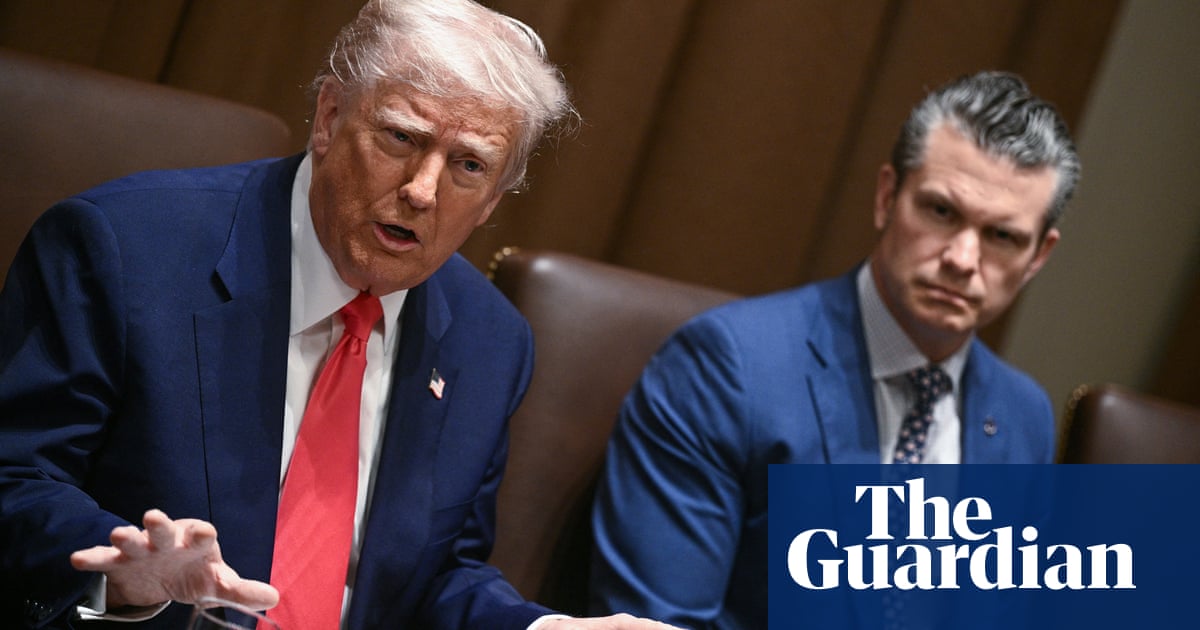The World Bank calculated last month that the rich world earned more than $1.4tn (£1.15tn) in loan repayments from the developing world in 2023, with the sums likely to top $2tn a year by 2030. Rich countries have in effect become the world’s bankers, squeezing debtors in the global south. Poorer nations are forced to borrow in rich-world currencies to pay for their energy and food, while their exports consist mainly of low-value goods compared with their imports.
Colonial patterns of extraction plainly did not disappear with the withdrawal of troops, flags and bureaucrats. Whether a debt crisis in the developing world occurs depends on decisions beyond its control. The risk increases if US interest rates rise and if poor nations’ exports – often priced by commodity speculators or wealthy-world buyers – fail to generate enough dollar reserves to stabilise their exchange rates.
Developing countries struggle to break out of a trading and financial system skewed against them because the global north’s economic growth still depends on extracting their resources and labour. A 2022 study calculated that from 1990 to 2015, wealthier nations “drained” the poor world of $242tn (in 2010 prices), worth roughly a quarter of global-north income. The authors argued this shift takes place subtly and almost invisibly, without the overt coercion of the colonial apparatus and therefore without provoking moral outrage. However, “unequal exchange” was behind global inequality, uneven development and ecological degradation.
Increasingly, poor nations are calling out such gross inequalities. Fiji, a Pacific nation of 300 islands, is highly vulnerable to the climate crisis. Last month its finance minister warned it was becoming impossible to run its economy with global heating driving catastrophic weather events. Biman Prasad told an international conference that “at no time outside of war have economies faced a 30% to 70% contraction” – but that Fiji, Vanuatu and Tonga had faced this within the decade from a single cyclone. He noted that “most development resources for capacity building are spent on building donor capacities – not our own”. Unsurprisingly, he said it was time to “decolonise international development”.
The UN’s trade and development report last year urged poor nations to shift focus from manufacturing to service-led growth, citing sluggish trade trends and the advance of digital technology. Yet, as Cambridge University’s Jostein Hauge argues in The Future of the Factory, industrial production remains vital for economic growth. E-services and automation cannot replace manufacturing as the driver of innovation and development.
Dr Hauge’s book details how the global north and its powerful corporations block fair market access for the global south while dodging responsibility for ecological harm. He highlights that low-income countries account for just 1% of global “excess resource use” yet are pressured to adopt green policies hastily, often with little support, while the global north continues its unsustainable practices. The rich world, Dr Hauge writes, “has colonised the planet’s ecological commons, and the No 1 priority should be to decolonise it”.
There’s no arguing with that. What must be done? We could start with comprehensive debt relief, fair climate funding and reformed global trade rules to empower developing nations with the resources and autonomy needed for climate-compatible growth – stimulating equitable and productive global demand.

.png) 3 months ago
32
3 months ago
32













































